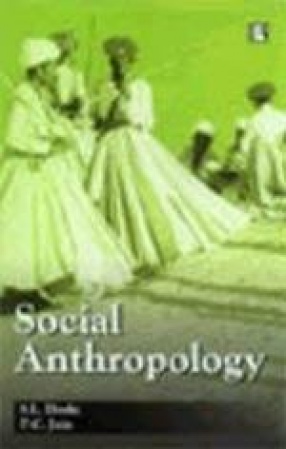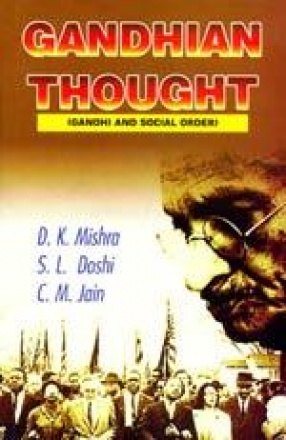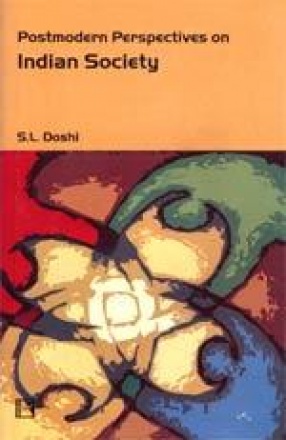
Showing all 6 books




The first half of the twentieth century was dominated by modernism. It was later replaced by postmodernity. This book analytically examines the emergence and development of modernity and postmodernity in the western countries and India. The author argues that the classical and modern sociological theories have become irrelevant to study the present capitalist society. It is in this context that he examines the social theory, which has replaced sociological ...


There are many variants of social anthroplogy. The Indian variant is a combination of British social anthropology and Indian sociology. Of late the combination has also affected the methodology. It is argued that the students of social anthropology cannot be served by yesterday's social anthropology which is only a state recipe. The Present work is a revisit to the contemporary situation of tribals in India. For the first time a book on the strength of empirical ...

The present volume has grown out of the deliberations that emerged from a seminar organized by the University of Udaipur on the eve of Gandhi Centenary Celebrations. There is no denying the fact that scores of works have been published, bringing out the varied ramifications and dimensions of Gandhian thought and ideology. Much of what has been said and written about Mahatma Gandhi is about his devotion and sincerity to serve the mankind. But his portrait as an ...

The idea that our society is no longer governed by history or progress is proposed by Postmodernity. Postmodern society is highly pluralistic, differentiated and diverse. It rejects all grand narratives such as Marxism, Gandhism and rationalism, which are propagated as universalistic explanations of society. Postmodernity meets the challenges given by modernity. It is in the west, particularly the United States, that modernity has turned the society into a risk ...
